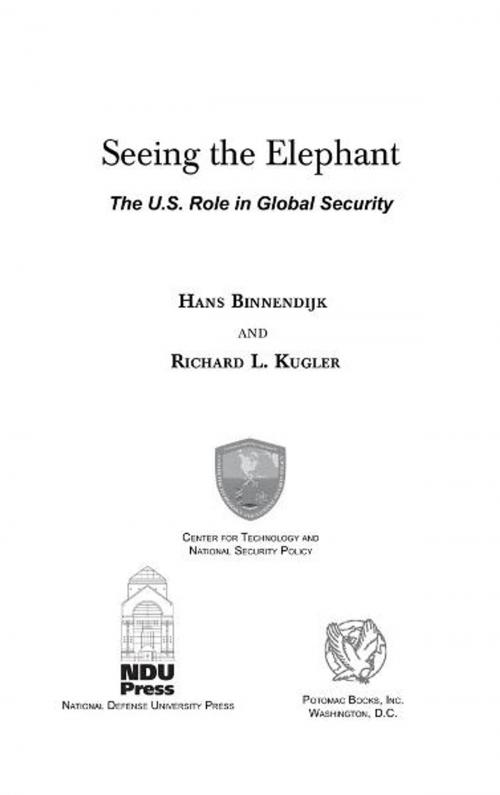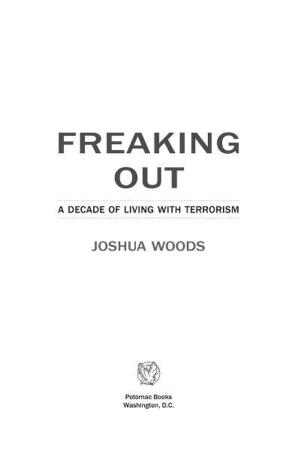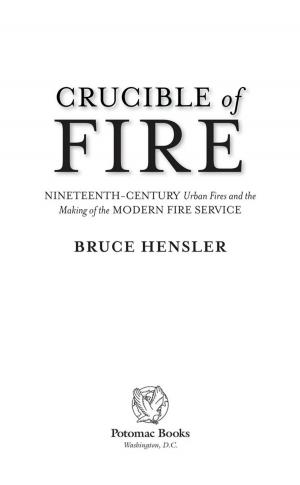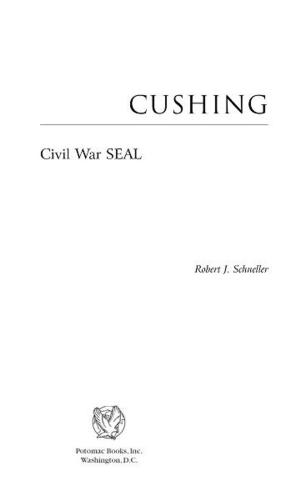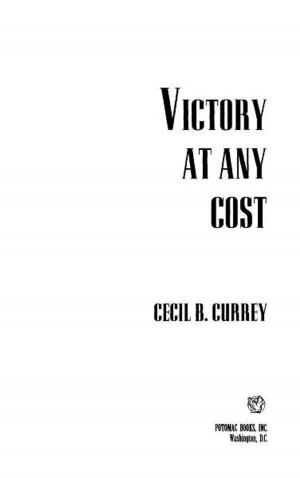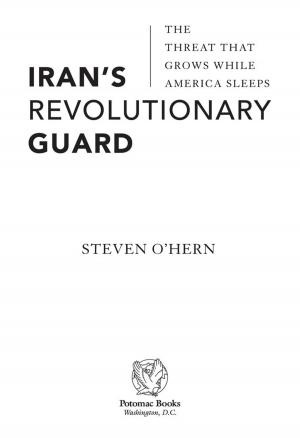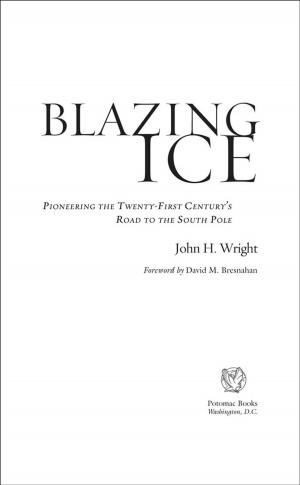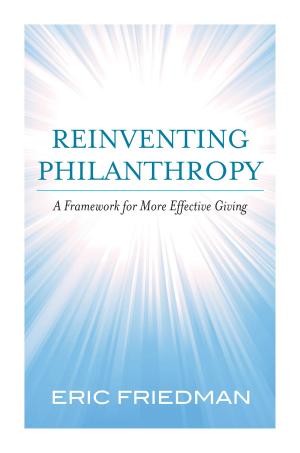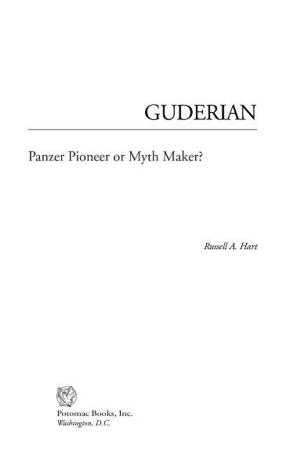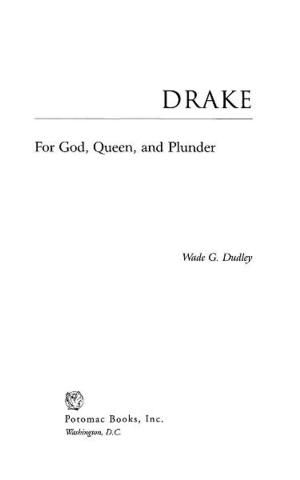Seeing the Elephant
Nonfiction, Social & Cultural Studies, Political Science, International, International Security, International Relations, History, Americas, United States| Author: | Richard L. Kugler; Hans Binnendijk | ISBN: | 9781597974561 |
| Publisher: | Potomac Books Inc. | Publication: | November 30, 2006 |
| Imprint: | Potomac Books Inc. | Language: | English |
| Author: | Richard L. Kugler; Hans Binnendijk |
| ISBN: | 9781597974561 |
| Publisher: | Potomac Books Inc. |
| Publication: | November 30, 2006 |
| Imprint: | Potomac Books Inc. |
| Language: | English |
What is the current state of the global security system, and where is it headed? What challenges and opportunities do we face, and what dangers are emerging? How will various regions of the world be affected? How can the United States best act to help shape the future while protecting its security, interests, and values? How can the United States deal with the threats of terrorism and weapons of mass destruction?
An intellectual history of U.S. national security thinking since the end of the fall of the Soviet Union, Seeing the Elephant is an attempt to see the evolving international security system and AmericaÆs role in it through the eyes of more than fifty perceptive authors who have analyzed key aspects of the unfolding postûCold War drama. Its premise is that, like the blind men in the Buddhist fable who each feels a different part of an elephant, these authors and their assessments, taken together, can give us a better view of where the world is headed.
An intellectual history of U.S. national security thinking since the end of the fall of the Soviet Union, Seeing the Elephant is an attempt to see the evolving international security system and AmericaÆs role in it through the eyes of more than fifty perceptive authors who have analyzed key aspects of the unfolding postûCold War drama. Its premise is that, like the blind men in the Buddhist fable who each feels a different part of an elephant, these authors and their assessments, taken together, can give us a better view of where the world is headed.
What is the current state of the global security system, and where is it headed? What challenges and opportunities do we face, and what dangers are emerging? How will various regions of the world be affected? How can the United States best act to help shape the future while protecting its security, interests, and values? How can the United States deal with the threats of terrorism and weapons of mass destruction?
An intellectual history of U.S. national security thinking since the end of the fall of the Soviet Union, Seeing the Elephant is an attempt to see the evolving international security system and AmericaÆs role in it through the eyes of more than fifty perceptive authors who have analyzed key aspects of the unfolding postûCold War drama. Its premise is that, like the blind men in the Buddhist fable who each feels a different part of an elephant, these authors and their assessments, taken together, can give us a better view of where the world is headed.
An intellectual history of U.S. national security thinking since the end of the fall of the Soviet Union, Seeing the Elephant is an attempt to see the evolving international security system and AmericaÆs role in it through the eyes of more than fifty perceptive authors who have analyzed key aspects of the unfolding postûCold War drama. Its premise is that, like the blind men in the Buddhist fable who each feels a different part of an elephant, these authors and their assessments, taken together, can give us a better view of where the world is headed.
